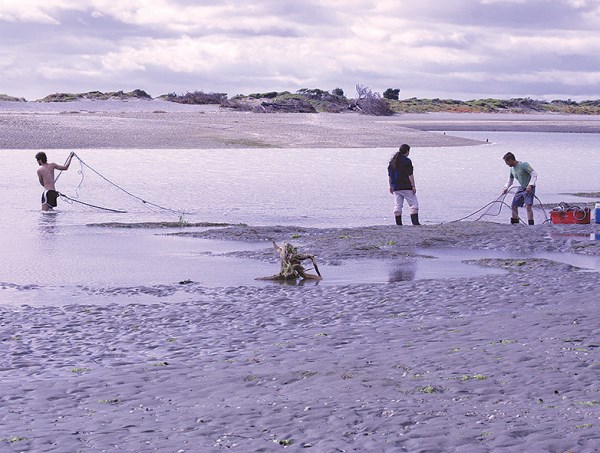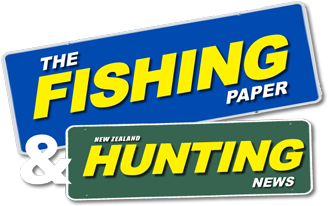
Einstein provided sound guidance on a range of issues, including problem solving. One famous quote of his is that we cannot solve our problems with the same thinking we used when we created them.
Einstein’s quote can help guide us through a myriad of fisheries problems. Here are two examples:
First, there is a problem with using nets to catch fish; nets can entangle dolphins. And the government must be seen to take action to avoid harm to dolphins or face international bans on imported net-caught commercial catches. The solution seems simple; ban the use of nets. However, such a ban would disrupt longstanding commercial and recreational fishing traditions, but dolphins, like fish, aren’t everywhere.
Worse yet, MPI has confirmed the dearth of information on dolphin distribution in some regions, such as Golden and Tasman Bays, and the poor-quality assumptions used in modelling alleged impacts of recreational netting. There was no evidential base to support the ban, especially in the Bays’ estuaries, rivers, lagoons, and inlets where locals have set netted for generations without ever sighting a dolphin. In saying that, Fish Mainland fully supports banning netting where it poses a risk to incidentally killing or seriously injuring dolphins.
Fish Mainland is working with locals in the Bays to document ‘dolphin safe’ locations where set netting can be reinstated. We urge other locals to do the same by contacting our director in that region, Tim Robinson 022 429 6173.
Soon, we will present to Minister Parker our fine-scale solutions to the problem.
Second, the Clutha District Council recently grappled with problems associated with the effect of vehicles on public safety and the enjoyment of beaches, and the adverse effects to the environmental values of the coastal environment. The council proposed a bylaw that could have severely restricted vehicle access to eight beaches.
Fish Mainland supports the need to protect vulnerable marine mammals, seabirds, and biodiversity values within the Clutha coastal environment. We also strongly support a safe environment for all beach users.
However, we considered the proposed bylaw did not provide a workable solution that balances the needs and preferences of all beach users in a compatible way, as the council intended. If fact, it did not accommodate either commercial or recreational fishers who launch boats from the beach, nor did it accommodate those who transport scuba gear to remote areas. Fish Mainland concluded the proposed bylaw was an unworkable solution to the problem.
We also concluded the least intrusive workable solution was already outlined in the proposed bylaw. That is, the proposed 30/kmph speed restriction on beaches. This restriction alone would have the most desired impact on problems caused by poor driving behaviour.
We also supported selectively restricting driving through dunes and other ecological systems where there is a need to protect vulnerable marine mammals, seabirds, and biodiversity values. We were pleased to learn the council took account of the views expressed by our Southland Director, Alan Key. He urged the council to be very careful about what it does since every action has a reaction. In other words, denying people access to beaches will have the effect of splitting groups against each other.
We consider the council’s decisions address the issues without unnecessarily restricting public access to beaches. We hope these decisions will help guide other councils’ decisionmaking processes.
With Einstein’s guidance in mind, Fish Mainland continues to pursue its purpose of coordinating and assisting the South Island marine fishing community in restoring and sustaining fisheries resources for the benefit of all who fish in South Island waters.













